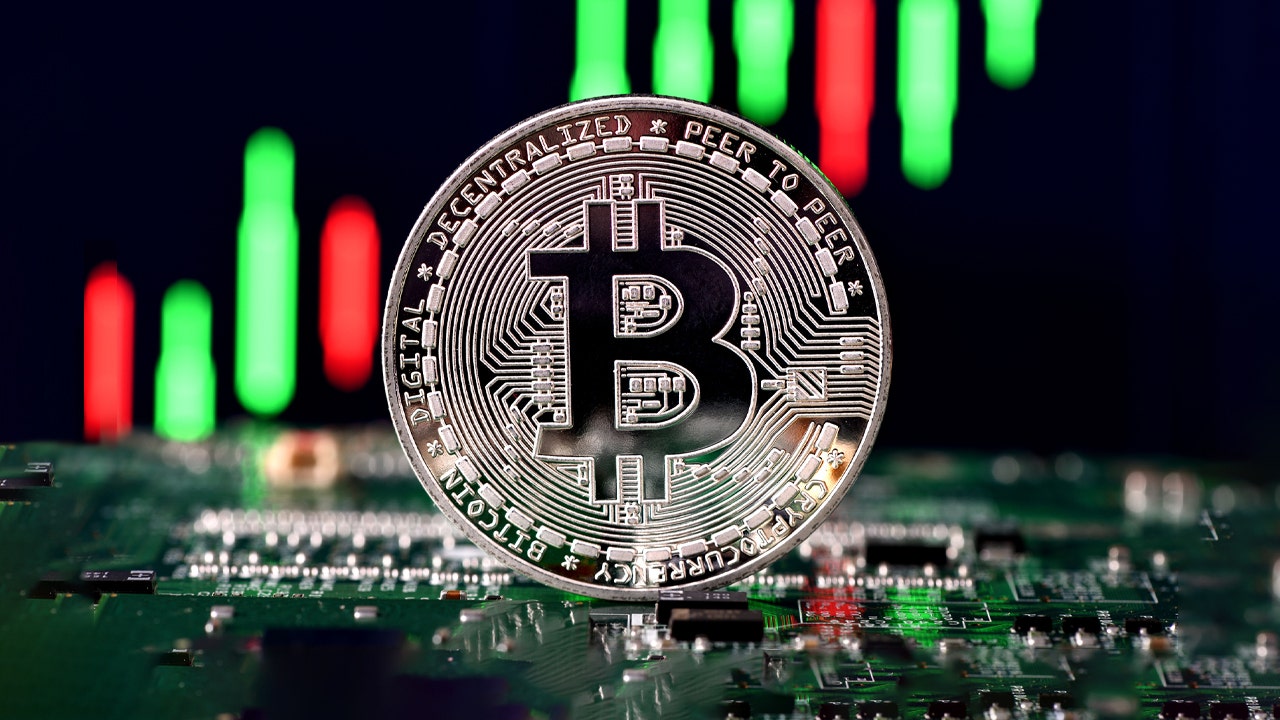
A fledgling type of store is located in Mississauga’s small business park. It is near a dentist and a Pizza Hut. The store looks like a small bank or currency exchange operation. It has a brightly lit waiting room, a reception desk, and cubicles that are surrounded with bullet-resistant glass.
Coin Nerds Inc. is able to offer visitors something that financial storefronts usually do not: cryptocurrency.
The store opened in 2018 and is owned by a few entrepreneurs who believe that virtual currency can be used offline as well as on Main Street.
Adam Hack, chief executive officer and founder of Coin Nerds stated, “We allow individuals of all walks of life, without the hurdles that are associated with attempting to join self-service online exchanges or the technological barriers that some people might perceive,”.
Although each brick-and-mortar cryptocurrency exchange operates in a different way, the basic idea is that customers can buy cryptocurrencies using cash, a debit card, or a bank transfer. The shops teach customers about digital currencies and help them set up digital wallets that they can control via an app. Customers can also exchange digital coins for local currency at the exchange counter.
Exchanges may charge fees of 0.99% to 5% per transaction. This is slightly higher than the charges for large online exchanges.
According to their owners, physical exchanges make it easier to buy and sell cryptocurrency. Usually, this happens via online exchanges like Binance Holdings Ltd. or Coinbase Global Inc. These platforms are popular, but they can be confusing for those not well versed in crypto markets. Mr. Hack stated.
We noticed that crypto has a high attrition rate. People will either put $500 or $1,000 in to an exchange but don’t know how to use it or simply say “This is too complicated for my taste.” He said, “I’m out.”
Customers can talk to someone immediately at a staffed crypto exchange. Online exchanges have been criticised for slowing down in responding to customer complaints. Trust is also built in the crypto industry by the physical presence of physical storefronts. This makes it less likely that scammers will be able to exploit the unregulated sector. Baptiste Lac, cofounder of Comptoir des Cybermonnaies (a physical exchange owned and operated by Satoshi Dev SAS, Bordeaux, France) said.
“When a newcomer, especially a traditional investor, arrives, they can check Google to verify that we are licensed by French regulators. They can then spend the large amount they don’t feel safe spending online.
Comptoir des Cybermonnaies, unlike Coin Nerds does not accept cash. It is afraid of being caught in money-laundering schemes, and disinclined of severing the open-plan layout of the store.
Bitcoin Store is a chain made up of three physical exchanges located in Croatia. It accepts crypto cash.
Mario Radosevic (chief marketing officer at Digital Assets d.o.o.) said that Croatia, although it is not part the eurozone and uses kuna as its currency, is still cash-heavy. He is also the chief marketing officer for Digital Assets d.o.o. which owns the Bitcoin Store. He said that a physical exchange would open up the crypto market for cash-carrying Croatians who often distrust banks. He said that it also serves as a billboard for business and offers an online service. This allows curious locals to ask questions about crypto.
The crypto ATMs allow users to buy and sell cryptocurrency using cash or a bank card. This gives consumers another way to interact with currencies that cannot be touched. El Salvador has 200 crypto ATMs, making it the country’s first to legalize bitcoin. According to Nayib Bukulele, Salvadoran President, citizens can withdraw crypto funds in cash at 50 branches of Chivo.
